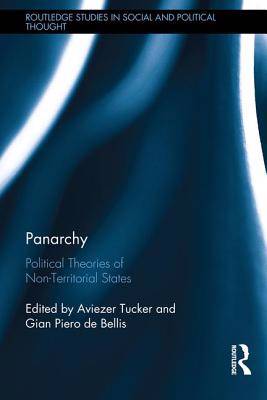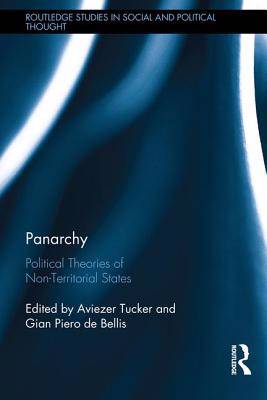
- Retrait gratuit dans votre magasin Club
- 7.000.000 titres dans notre catalogue
- Payer en toute sécurité
- Toujours un magasin près de chez vous
- Retrait gratuit dans votre magasin Club
- 7.000.0000 titres dans notre catalogue
- Payer en toute sécurité
- Toujours un magasin près de chez vous
Panarchy
Political Theories of Non-Territorial States
Description
Panarchy is a normative political meta-theory that advocates non-territorial states founded on actual social contracts that are explicitly negotiated and signed between states and their prospective citizens. The explicit social contract, or a constitution, sets the terms under which a state may use coercion against its citizens and the conditions under which the contract may be annulled, revised, rescinded, or otherwise exited from. Panarchy does not advocate any particular model of the state or social justice, but intends to encourage political variety, innovation, experimentation, and choice. With its emphasis on explicit social contracts, Panarchy offers an interesting variation on traditional social contract theories.
Today, Panarchist political thought is particularly relevant and interesting in the context of globalization, increased international migration, the weakening of national sovereignty, the rise of the internet "cloud" as a non-territorial locus of political and protopolitical social networks that are not geographic, the invention of cryptocurrencies that may replace national currencies, and the rise of urban centers where people of many different political identities live and work together.
This is the first volume to bring together key philosophically and politically interesting yet often overlooked Panarchist texts. From the first published translation of de Puydt seminal 1860 article to contemporary Silicon Valley political theory, the volume includes Panarchist texts from different eras, cultures and geographical regions. The amassed wealth of theoretical insight enables readers to compare different texts in this tradition of political thought and distinguish different streams and varieties within this political tradition, in comparison with Cosmopolitanism, Contractarianism, and Anarchism.
Spécifications
Parties prenantes
- Editeur:
Contenu
- Nombre de pages :
- 260
- Langue:
- Anglais
- Collection :
Caractéristiques
- EAN:
- 9781138884847
- Date de parution :
- 11-12-15
- Format:
- Livre relié
- Format numérique:
- Genaaid
- Dimensions :
- 155 mm x 231 mm
- Poids :
- 544 g

Les avis
Nous publions uniquement les avis qui respectent les conditions requises. Consultez nos conditions pour les avis.





